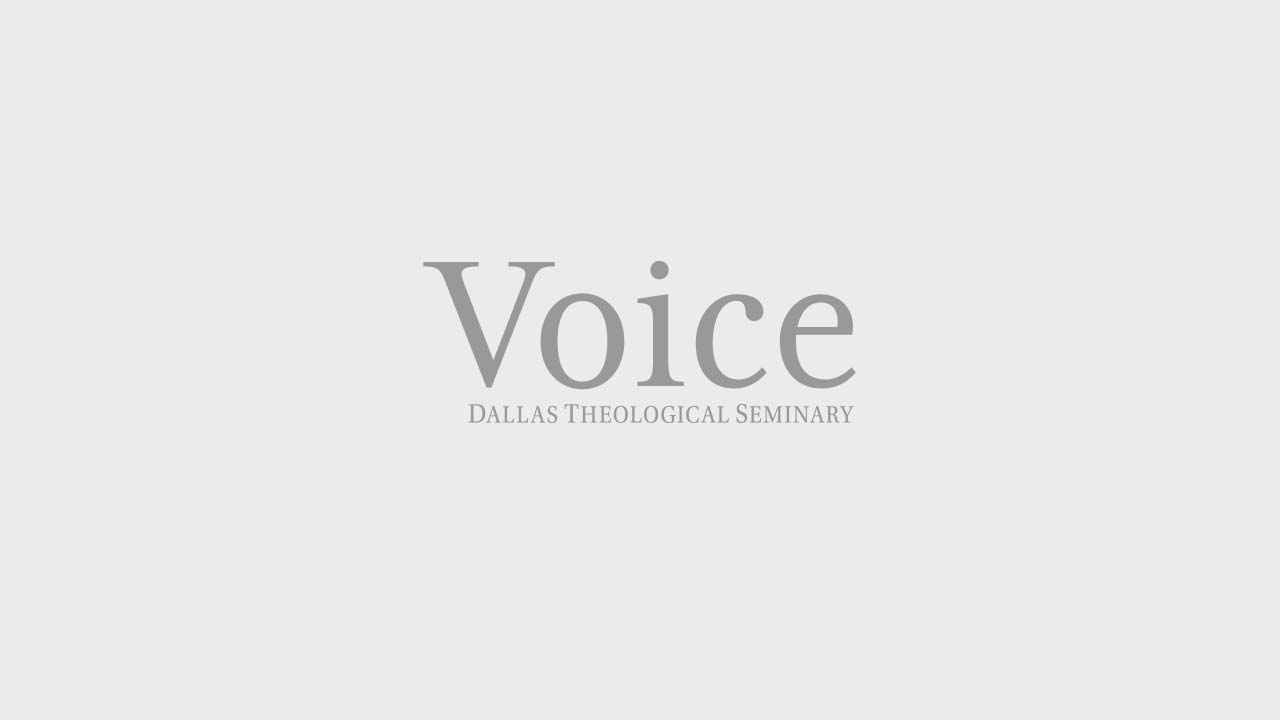The Clapham Sect: The Power of "We" Instead of "Me"

You are the light of the world. A city located on a hill cannot be hidden. People do not light a lamp and put it under a basket but on a lampstand, and it gives light to all in the house. In the same way, let your light shine before people, so that they can see your good deeds and give honor to your Father in heaven.
(Matthew 5:14–16)
In Matthew 5:16, Jesus exhorts his disciples to let their light (their community witness and testimony) shine before others so that the world may see the good works of a discipleship community and give glory to God. In other words, the indwelling Holy Spirit displays exponentially more power in we than in me. The New Testament writers often speak about the power of living out our faith within the context of a discipleship community. Hebrews 10:24–25 says, “let us take thought of how to spur one another on to love and good works, not abandoning our own meetings, as some are in the habit of doing, but encouraging each other, and even more so because you see the day drawing near.” The author knew that survival and thriving for the nascent Christian discipleship community required regular gatherings—individuals sharing encouragement in love and good works, along with support in the face of opposition.
In 1 Corinthians 12:12–27, Paul uses the analogy of the human body functioning as a whole, its constituent parts performing their individual functions for the good of the entire body. Imagine the ideal discipleship community, a mosaic of individual spiritual gifts working for the good of everyone, all for God’s glory. Paul carries the metaphor into his letter to the Ephesians (4:11–16), where he affirms that the body builds itself up in love as the individual parts of the body function in their giftedness.
Looking back in history, we see a beautiful example of the ideal of one body united in purpose in the Clapham Sect, a group of evangelical Christian social reformers who lived in the Clapham area of London in the late eighteenth and early nineteenth centuries. This group of believers from different backgrounds and professions found unity in their passion to work toward social change. Key members of the group included William Wilberforce (a member of parliament), Hannah More (a writer and philanthropist), Charles Grant (chairman of the British East India Company and a member of parliament), Zachary Macaulay (a former slave trader), Thomas Clarkson (a writer), and James Stephen (a lawyer), along with numerous members with connections to the broader evangelical and political networks.
The Clapham Sect advocated in a variety of social issues, including slavery, missionary work, and education. Today, they’re especially remembered for their abolitionist stance. Alarmed by society’s plunge into the moral abyss of the slave trade, the Clapham members spoke out for liberation. They brought together their influence and resources to push for legislation to end the transatlantic slave trade. They also supported Christian missions and education, founding the Church Mission Society and the British and Foreign Bible Society to spread the Christian faith and improve access to the Bible. Believing that education is essential to social progress, they helped establish schools and promoted literacy.
These bold believers remind us that being salt and light comes as the result of the Holy Spirit working in individuals and through a discipleship community that energizes faith toward good works. Motivated by their faith, the Clapham members sought ways to serve others and improve the social and political systems in their sphere of influence. They saw their work as an expression of their love for God and others, believing that faith cannot only be a matter of private belief but must also be evident in actions that benefit others.
The Clapham Sect’s influence extended beyond their own time and place. The group’s efforts contributed to shaping the social landscape of Britain and the world, inspiring people then and now to envision a more just society. Their legacy exemplifies collaboration in working toward change. They show us that being salt and light is best realized in community, not as isolated individuals.
Jesus encouraged his disciples to be salt and light in a dark world, living as a Spirit-empowered community. Salt preserves and purifies. The Clapham Sect modeled a faith-infused desire to be a purifying, preserving influence. This group of believers, alive to God’s leading and passionate about showing mercy and grace to all people, demonstrated the all-surpassing and purifying power of we.
About the Contributors

Kraig W. McNutt
Kraig McNutt is Executive Director of Marketing & Communications for DTS. He studied philosophy at Indiana University (BA) and holds degrees from the University of Kentucky (MSLS) and Grace Theological Seminary (MDiv). He is also an author and historian on the American Civil War.

